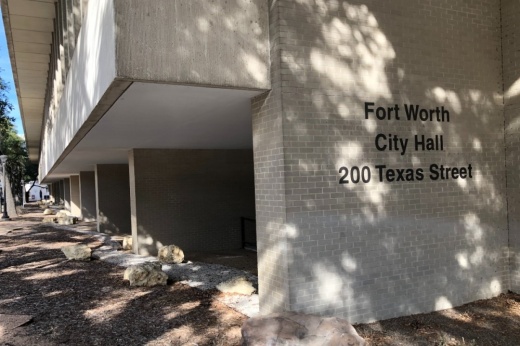“It is prudent as local policymakers that we work alongside our statewide officials, and we believe that any potential action by our council could be premature and possibly temporary. Therefore, we will allow our existing curfew ordinance to expire on Feb. 13, and we will continue to engage with our state legislators on this important issue,” the statement read.
The ordinance, which has been in place since 1994, states minors cannot be out unsupervised between 11 p.m.-6 a.m. Sunday-Thursday or midnight-6 a.m. Friday and Saturday.
Council had recently voted to temporarily extend the curfew for minors age 17 and under on Jan. 10. While proponents of the curfew brought up criminal mischief, including street racing that Council Member Gyna Bivens alluded to during the council’s Jan. 10 discussion on the matter, opponents of the curfew, including Tamara Hutcherson, a resident of District 9, alluded to a Nov. 15 report that showed how the ordinance disproportionately affects youths of color.
“There is no practicality of enforcing this ordinance, nor has data been provided to show whether there is a correlation between crime statistics and curfew violations,” Hutcherson told the council Jan. 10. “This curfew criminalizes our youth.”
According to city documents, Black teenagers accounted for 40% of citations in 2020 compared to 31% for Hispanic teenagers and 22% for white teenagers. In 2021, Black teenagers accounted for 32% of citations compared to 37% for Hispanic teenagers and 26% for white teenagers. In Fort Worth, 19% of the population is Black, 35% of the population is Hispanic and 38% is white, according to 2021 U.S. Census data.
District 6 Council Member Jared Williams, who opposes the ordinance, spoke about how it is the wrong tool for the job.
“Thirty years of data demonstrates that the curfew ordinance does not achieve the outcomes we want. Instead, it places our children on a pathway to constant interaction with our criminal justice system and offers very little support for addressing their underlying issues and needs,” he stated in a news release.
State Sen. Bryan Hughes, R-Mineola, filed Senate Bill 603 in the Texas Legislature, which would repeal the authority of political subdivisions, such as Fort Worth, to adopt or enforce juvenile curfews. While many Texas cities, such as Dallas and Houston, still have teen curfews in place, other cities, such as Austin, San Antonio and Waco, dropped their curfew ordinances in recent years.





